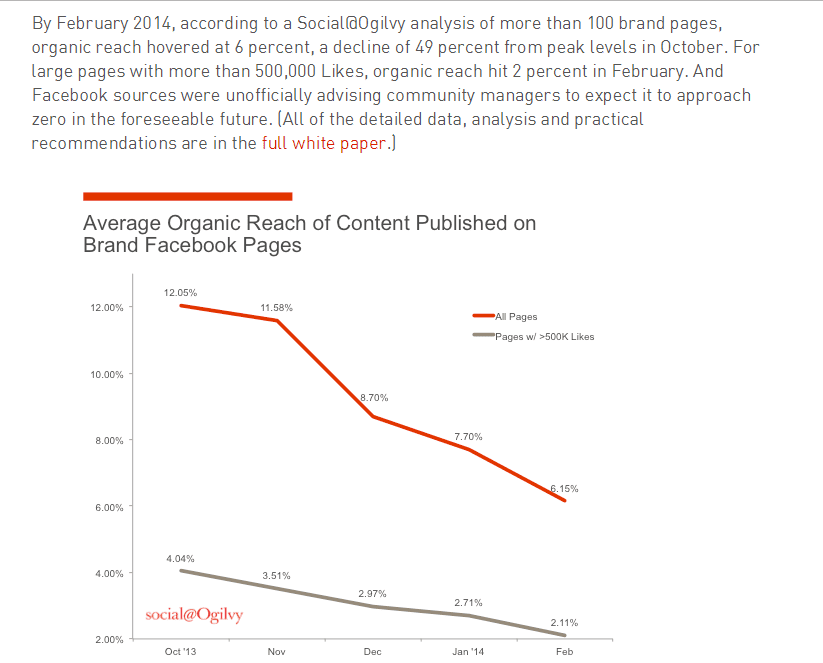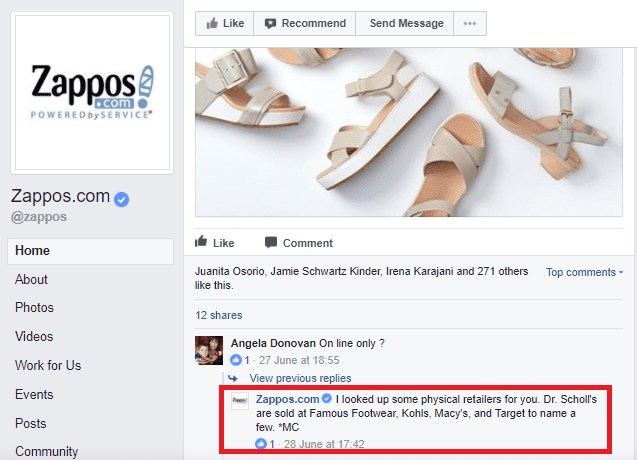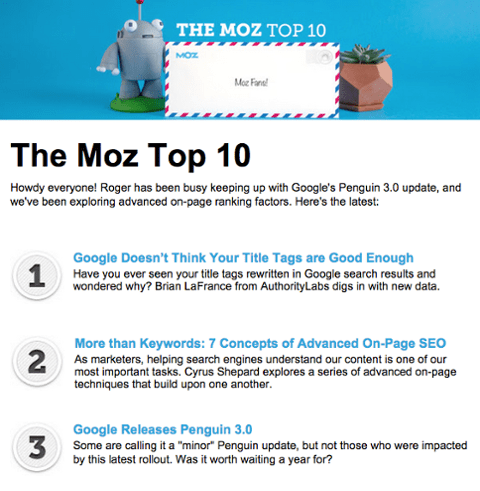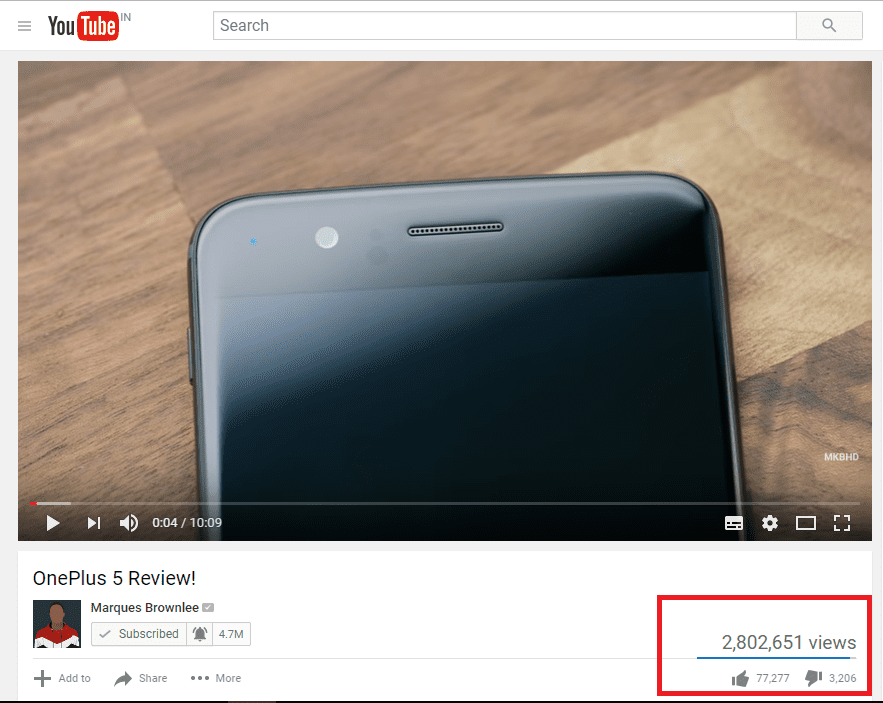Do your social media priorities align with these key social media trends?
In a short span of a decade and a half, social media has taken over the world. It has exploded its way into our lives and and the way we live.
Social media platforms have reached a 37% worldwide penetration, and 73.91% of all internet users are social media users. Irrespective of who your target audience is, there’s no ignoring social media as a marketing channel.
Social media marketing has evolved rapidly, during its existence.
When Facebook was launched, simple posting, even once a day, would yield businesses massive reach and impact. Today, organic post reach is at an all time low, and declining.

With the crowd of new users on social networks, platforms like Facebook and Twitter are dealing with fatigue and overspilling, which has resulted in reduced reach. Facebook is even out for commercial content with a vengeance. It doesn’t help that consumers’ trust in brands has also begun to decline.
In the face of these developments, social media marketing has advanced to include new areas, to overcome the current scenario and lend brands great results. The following are four areas of social media marketing that you should invest in today.
1. Social media care
A J.D Power survey indicates that 67% of the 23,000 consumers they interviewed said they have used a company’s social media channels to seek customer support. That’s an overwhelming volume of social media queries to manage.
People use social media channels to seek support because it’s convenient, and they assume that it’s the fastest way to reach a brand and get a response. Disappointing them can amount to a huge PR negative and affect the way new prospects see your brand.
The way you handle social care can dictate how your brand performs on social media. Some brands use customer support situations to spotlight the brand’s personality and identity, show some sense of humor. These whacky, fun, or even simply polite, helpful posts almost always get the brand a lot of exposure.

If you want to exploit this strategy, you need to invest in a good social media agency, or hire creative marketers who are capable of pulling this off. Talent is key in this equation.
2. Content curation
On Friday the 30th of June, as I was writing this post, I checked Worldometers - a tool that measures the number of blog posts published real time. As of 1:38 PM, there were 2.8 million blogs published. That’s a lot of content, arguably too much

When there’s already so much content available, it doesn’t make sense to always create your own. Recreating a basic SEO guide is like reinventing the wheel, because everything your fans need to know is already out there. Instead, you could curate content, make it easier to consume and present it to them.
For instance, Moz’ curates top 10 lists that cover SEO essentials.

Content curation has special value on social media, because it can help you increase reach and build relationships with influential people.
I use DrumUp to curate content for this purpose. The tool suggests posts daily, along with @mention and #tag prompts, and lets you schedule them to Facebook, LinkedIn and Twitter.
Feedly also works similarly, but needs an external integration for social scheduling.
3. Influencer marketing
What’s the first thing you do when you want to buy a car, or travel some place? Most people read reviews or ask for their friends opinions.
Social media equalized influence on the internet. In today’s world, it isn’t only celebrities or authority figures who can be influential. Any resourceful person with a unique voice can be an influencer. Influencer marketing is about building alliances with these influencers.
According to the Chute study, 66% of marketers interviewed said they used influencer marketing in 2016.
It’s effective and the reason why tech giants and electronics companies give tech YouTubers their products to review before they are launched. Positive reviews by these “enthusiasts” can boost product exposure and sales.

As a small-medium sized business, reaching out to influencers can be tough, but there are ways to catch their attention.
You could use an influencer outreach tool like FollowerWonk to follow influencers’ Twitter handles and hashtags, and interact with them for a few weeks before you approach them to represent or work with your brand.
4. Social media PR
PR was always about building relationships, and you can do that even more effectively today because of social media. Back then, you had to keep track of experts, ambassadors and journalists you were in conversation with, and remember details about them. Now you can follow their social media feeds and know what’s happening in their professional lives.
That may sound a little creepy, but it’s a huge advantage for PR specialists. The sheer size of the population on social media and the access users get even widens the pool of prospects for PR firms to work with.
Social PR is closely related to influencer marketing, with one differing element - the goals. PR focuses on building a favorable brand perception among its target audience.
Here’s a great example of social PR. Polycor mines natural stone and Melinda McCoy is an interior designer with a sizeable, engaged following on Instagram. Jennifer Smiga is the PR specialist managing Polycor.
Jessica finds the stone in Melinda’s concrete kitchen counters to be similar to her client’s soapstone, so she strikes a conversation with her. As time passes, Jessica asses Melinda’s style and sends her photographs of stone that she’s likely to appreciate.
Excited about one particular style, Melinda writes back, suggesting a collaboration. Polycor gets featured prominently as part of a tasteful design.

To find opportunities like this, you need to be vigilant and a part of important conversations in your niche. A social media monitoring tool like BrandWatch can help.
Summary
Social media marketing is effective when your strategies are updated and best suited to the current social environment. This posts discussed four of the most relevant strategies on social media in the present.
 Disha Dinesh is content writer at Godot Media, a leading content agency. Her interests include social media and content marketing. When she’s not writing, she’s listening to the latest in progressive music.
Disha Dinesh is content writer at Godot Media, a leading content agency. Her interests include social media and content marketing. When she’s not writing, she’s listening to the latest in progressive music.













